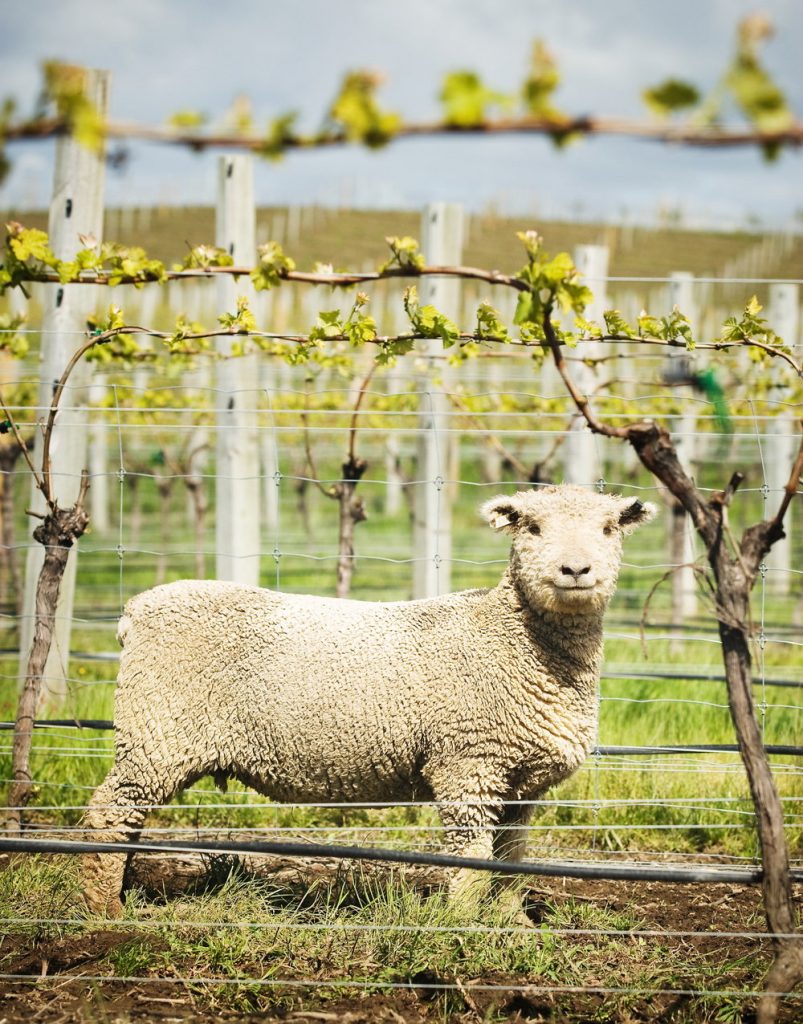The wine industry is becoming cleaner and greener and as indie wine merchants, we love it!
Indie wine merchants have to battle many stigmas, from the perception that the bottles on our shelves are over-priced, or that we only do ‘special wines for special occasions’, to the notion that you need to be a wine connoisseur to step through the door. Just to note – we do only stock special wines, but that’s because our carefully-sourced, hand-selected wines – that start at £6 per bottle – make everyday drinking special.
Organic wine has unfortunately experienced the same stigma over the years. However, we’ve certainly noticed a change in customers’ psyche since the various and very public meat scandals in large supermarkets – every little bit of horse meat count springs to mind! There’s been a shift in interest into what actually goes inside the food and wine we consume – customers are more inquisitive, and rightly so.
This is where great indie wine merchants should really come into play. For years, we have demanded the best, sourced wines wanting a full breakdown from grape to glass and uncovered a clear insight into the winemaking process and the beliefs beyond the bottle from its makers, since day dot. The question we should be asking as consumers is whether the bottle offers value rather than the price point being a sticking point. Whatever the bottle price – £6, £10, £20, it doesn’t matter; what does matter is that the juice within is offering good value for the region, grape and winemaking process that has gone into it. Oh, and that you enjoy it, of course!
Increasingly, wines are being produced in an organic or more sustainable way, which is fantastic for the quality of the wine, the locality of the vineyard, and, on a larger scale, the planet. Sounds too good to be true doesn’t it, but modern wine drinkers are very savvy, forward thinking, and demand that the juice in their glass is the best it can be – so, sustainable practices and certified organic wineries are becoming the norm, step by step, year by year.
The rules to becoming certified organic as a winery varies across the globe, but in general the final product and its production process must be pure from chemicals, pesticides, GMO yeast, and lower in sulphites – essentially, anything that is not natural – plus, made from organic vines on organically-farmed vineyards. The wineries also have to be practising organic for a set number of years, before they achieve the glowing status.
As with anything, there are challenges in becoming certified and it differs internationally, meaning some excellent vineyards with organic grapes do not seek certification. Again, this is where a good indie wine shop steps forward, as they filter through the story behind each bottle and ensure that you’re getting the real deal regardless and can offer you both certified and bottles from vineyards that are reputable but without the stamp, leaving the choice in your hands. The upside is that the consumer gets a cleaner and greener glass of vino that reflects its terroir and isn’t full of toxins.
Drinking organic means boosting biodiversity and sharing a bit of love for our planet. I have to end on one of my happiest discoveries regarding organic wine – some vineyards have taken on, amongst other animals, Babydoll sheep to step in and do the weeding for them. They’re short enough to not reach the grapes and if you do a quick Google search for ‘Babydoll sheep wine’ then you’ll see for yourself just how happy they are! Their smiles are priceless!
